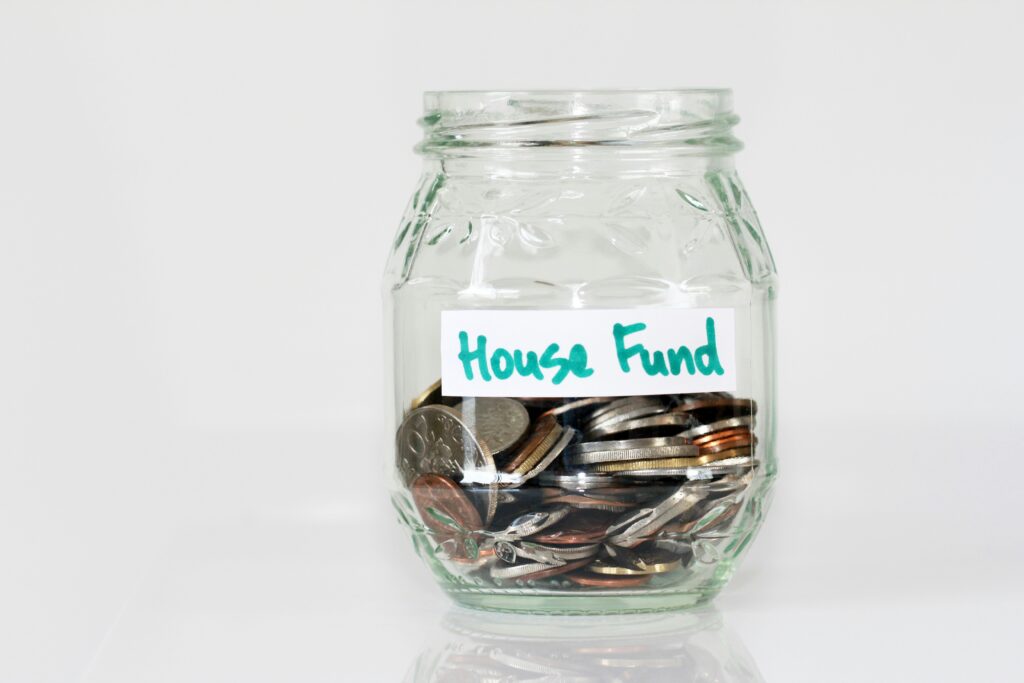
What Happens if you Miss a Mortgage Payment?
First things first, let’s put your mind at ease: Missing a mortgage payment can be worrying, but it’s not the end of the world just yet.
Your home is one of your most valuable assets, and falling behind can feel overwhelming, but let’s break down what happens if you miss a mortgage payment and, more importantly, what you can do about it.
I just missed a payment—do I need to worry?
First things first: missing a mortgage payment doesn’t mean you’ll lose your home straight away. Lenders won’t rush into repossession, but you do need to act fast. Most lenders report missed payments to credit agencies, which can put a dent in your credit score.
So what can you expect to happen? Late fees will usually kick in if you don’t make the payment within the first 15 days. Once you’re 30 days late, it’s likely to be reported to credit agencies, which could hurt your ability to borrow in the future.
And after that missed payment, expect to hear from your lender. It’s tempting to ignore them—but talk to them! The earlier you engage, the better your chances of sorting things out.
How many missed mortgage payments before repossession happens?
Repossession is the process where the lender takes your home after multiple missed payments. It’s the thing everyone fears, but remember—it’s a last resort. Lenders are required to try everything before they go down this road. Typically, you’ll need to miss several months (typically 3 to 6) of payments before they take serious action.
What are my options if I miss a mortgage payment?
You can expect lenders to offer you a few solutions such as:
Agreeing to a repayment plan
This is a common option as it involves spreading the missed payments over time, so that you catch up on what you owe in a gradual, manageable way. This avoids putting too much pressure on your finances in the here and now, which for many makes it more realistic. However, if you’re already budgeted up to your last penny, even a slight increase in monthly repayments could be unfeasible, so do your sums carefully.
Temporarily reducing payments
If you’re facing short-term financial struggles, you may be able to pay less on your mortgage for a while. This can be a lifeline for anyone who has unexpectedly lost their job or is facing some hefty, one-off bills like a roof repair or boiler replacement. The downside is that as you’ll not be repaying your debt as fast as you would otherwise be, you can end up paying more overall because interest will continue to accumulate.
Extending your mortgage term
Another possibility is spreading out your repayment over a longer period, thereby reducing how much you pay per month. This is helpful if your financial challenges are longer-term, perhaps a divorce or long-term illness. The trade-off, however, is that you’ll pay more in interest, and the finish line moves further away, which can delay retirement plans.
Switching to interest-only payments
One way to dramatically reduce your mortgage payments is to opt for an interest-only payment, where you simply pay off the interest that’s accruing but the actual debt remains untouched. It’ll make a difference to your cashflow, but this option comes with a big warning label, as you’re only delaying the inevitable repayment, and because of that, you may end up paying more overall.
Rolling missed payments into the total debt
Essentially this is similar to a repayment plan except it spreads the arrears over the entire lifetime of your mortgage. This can be more feasible than having to stump up the arrears in full immediately, but you’ll be paying interest on those missed payments until the end of your mortgage.
If you’re struggling, free services like StepChange or Citizens Advice can help you negotiate with your lender, as can a financial adviser. You can also consider selling your property before things get worse.
What if I can’t make the next payment?
If you know you’re going to miss another payment, the best thing you can do is pick up the phone and speak to your lender. As you can see above, there are plenty of options.
Don’t wait for things to get worse. Many lenders offer solutions. They may cost a little more in the long run, but it can give you breathing room in the short term. This is particularly helpful if you’re facing temporary challenges.
What if repossession is inevitable?
If repossession seems unavoidable and you’ve had a permanent change in circumstances, don’t bury your head in the sand—work with your lender. If you stay cooperative, they might allow you extra time to sell the property yourself instead of repossessing it. That means you get to stay in control, and you’ll also usually be able to keep some money from the sale.
Make the most of that time. Start exploring alternative housing options, whether that means renting or staying with family while you get back on your feet.
Even if keeping your home isn’t an option, repossession doesn’t have to be. Selling your home quickly can help protect your credit score and give you control over the process.
Take charge, act now
We know missing a mortgage payment is a stressful experience. However, it’s not the end of the world, if you act fast.
What happens if you miss a mortgage payment depends entirely on how quickly you tackle the problem. Don’t wait—talk to your lender, get help from free advisory services, and take control before it spirals into repossession.
However, what if you’ve come to the realisation that it’s not feasible to keep up with repayments in the long term? In that case, selling your home quickly via a cash for your house company might be the smartest move.
If you need a quick, hassle-free sale, Sell House Fast can offer a cash-based solution with completion possible, extremely quickly. We even do the paperwork and pay the legal fees, meaning you get to keep every penny of the sale proceeds.
Get a free no-obligation quote today and how we can help you take control and move forward with confidence.


